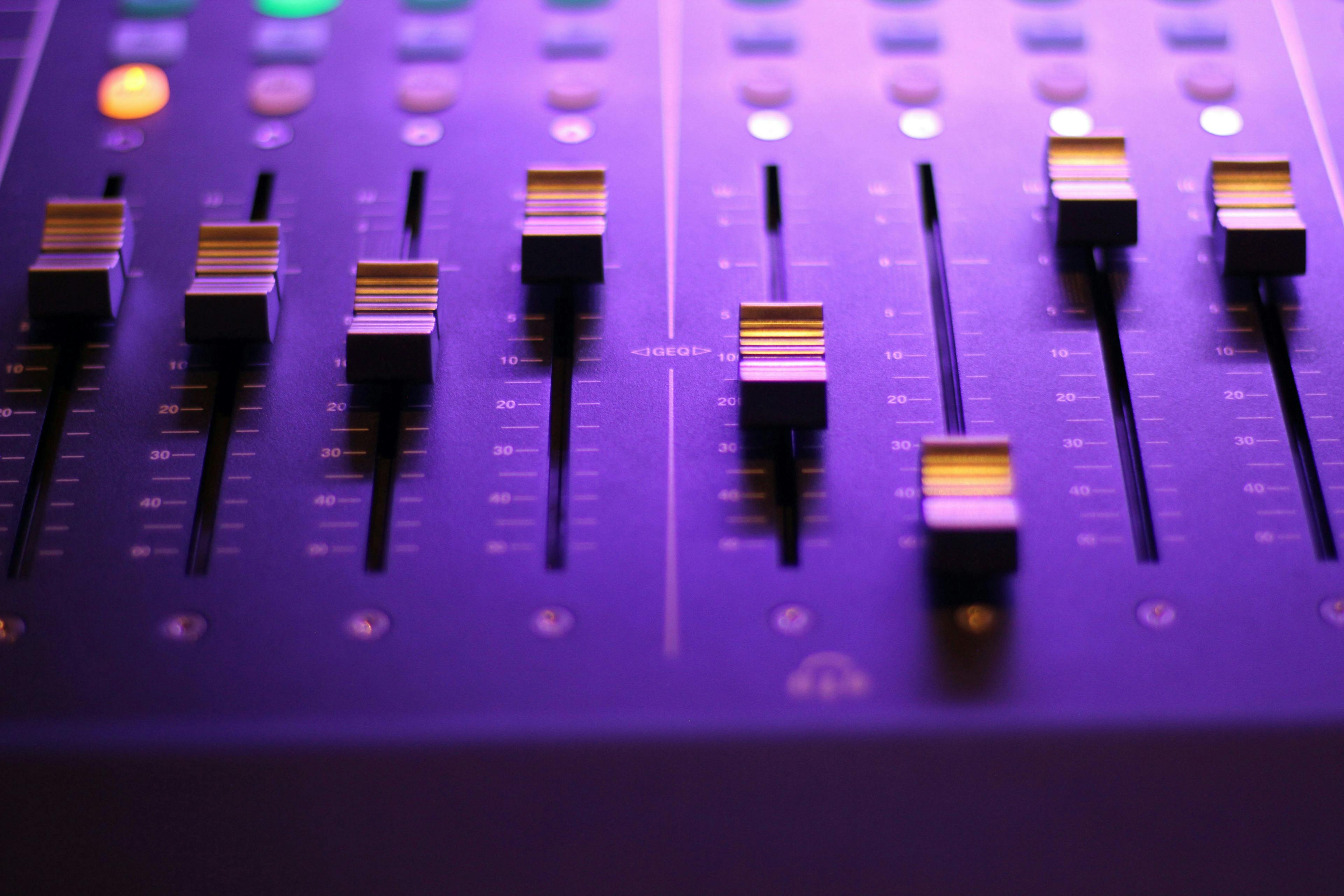1,519 reads
Artificial Intelligence in Sound Design: A Revolution or a Threat?
by
July 25th, 2024
Audio Presented by
I am equally interested in startups, future of tech and global digital trends.
About Author
I am equally interested in startups, future of tech and global digital trends.
